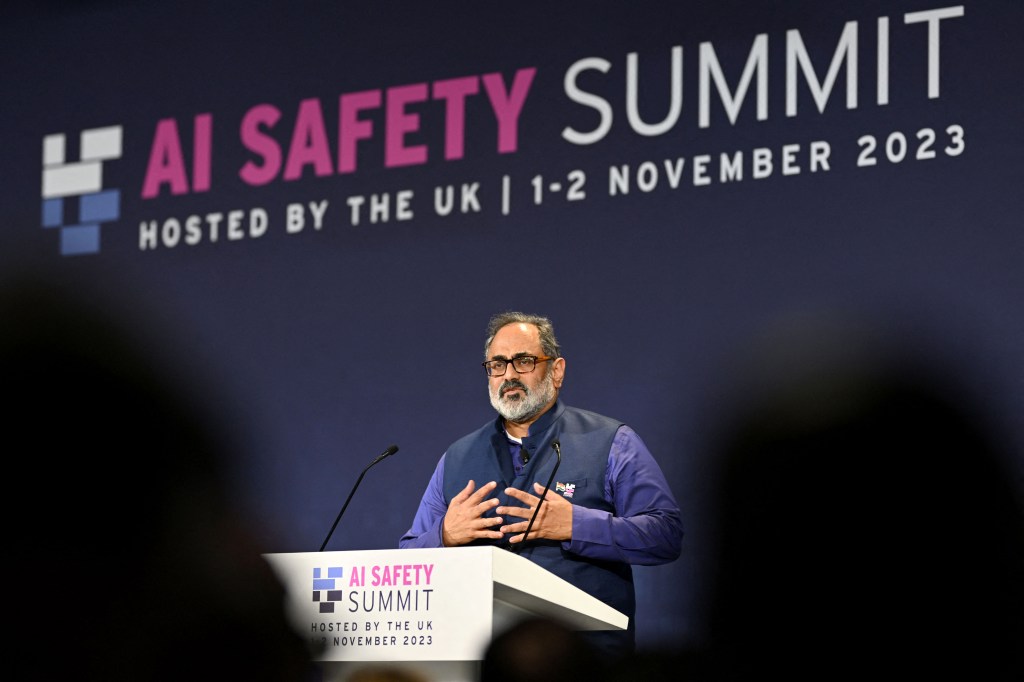
For over a decade, real-money gaming companies and fantasy sports startups have marketed themselves as video game companies. But as these businesses face increasing regulatory scrutiny, a coalition of more than 70 video game companies in India is urging the government to create a clear distinction between their industries.
In a letter to Prime Minister Narendra Modi and the Ministry of Information and Broadcasting, the coalition requested the government to abandon the umbrella term “online games” in favor of distinct categories: “video games” and “real money games” as part of a broader request to boost the country’s digital entertainment sector.
This push for clear definitions comes in the wake of recent tax amendments that moved real money games to a 28% bracket while video games remained at 18%. The lack of clear differentiation has led to unintended consequences for video game companies, the video game firms argued.
“Companies making video games were subject to multiple show cause notices and tax raids, and banks and payment gateway companies have been denying services as well,” read the letter, a copy of which was reviewed by TechCrunch. GMonks, NewGen, Lila Games, Dot9 Games, and Esports Federation of India are among the signatories in the letter.
In some cases, local police have raided video game parlors, mistaking them for gambling establishments. The confusion has also complicated dealings with international investors. Indian video game companies report having to repeatedly clarify that new regulations target real money games, not video games — a process that has slowed investment deals.
The call for industry differentiation also comes as fantasy sports startups increasingly overshadow the traditional video gaming sector. This dominance has resulted in lawmakers largely overlooking the authentic concerns and policy proposals of legitimate video game companies, further emphasizing the need for distinction between the two industries.
To address these issues, the consortium is calling for clear, distinct definitions in Indian policy frameworks. They define video games as digital entertainment products played purely for leisure or learning, without monetary staking. Real money games involve users staking money to enter contests with the potential to win or lose real currency.
The group is also requesting that the Ministry of Information and Broadcasting restrict media outlets from using images of video games when reporting on real money games or gambling, aiming to curb public misconceptions. “For an entertainment medium to grow, it must be well-accepted and celebrated by the general public,” the document emphasizes, underscoring the importance of public perception.
In a broader regulatory context, the video game industry is advocating for the Ministry of Information and Broadcasting to be designated as their nodal agency, aligning them more closely with other entertainment and media verticals. This contrasts with the real money gaming sector, which falls under different regulatory purview.
While India has solidified its position as one of the world’s leading startup ecosystems and is rapidly emerging as a global manufacturing hub for tech giants, its video game industry remains underdeveloped. This disparity underscores the urgent need to address the sector’s challenges.
Other key proposals include establishing a Catalyst Fund to provide financial backing to startups and micro, small and medium enterprises, initiatives to encourage banks to recognize digital IP as collateral for business loans, and measures to improve higher education in game development. (The Indian government considers ventures with less than $1 million in revenue to be micro businesses.)
The consortium is also seeking a reduction in GST on video games from 18% to 12% and advocating for corporate tax holidays to attract investments and support the industry’s sustainability.

